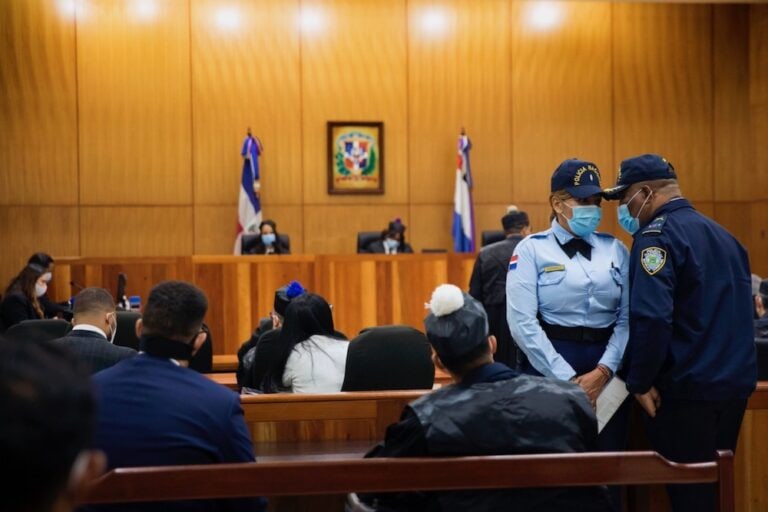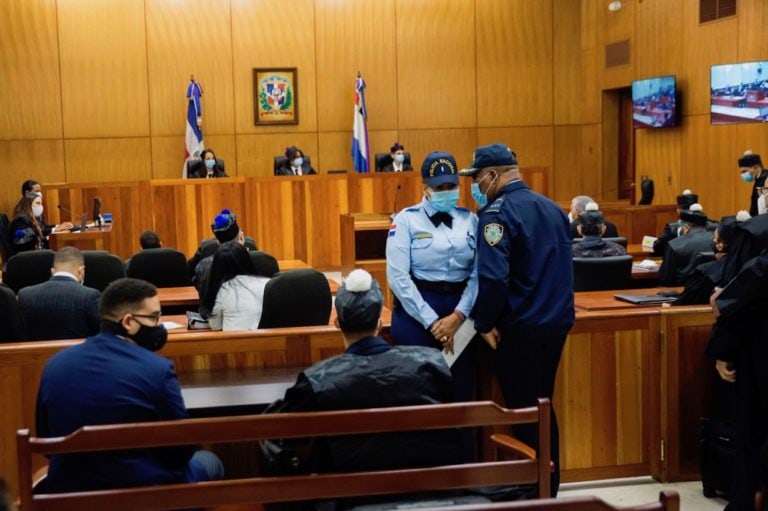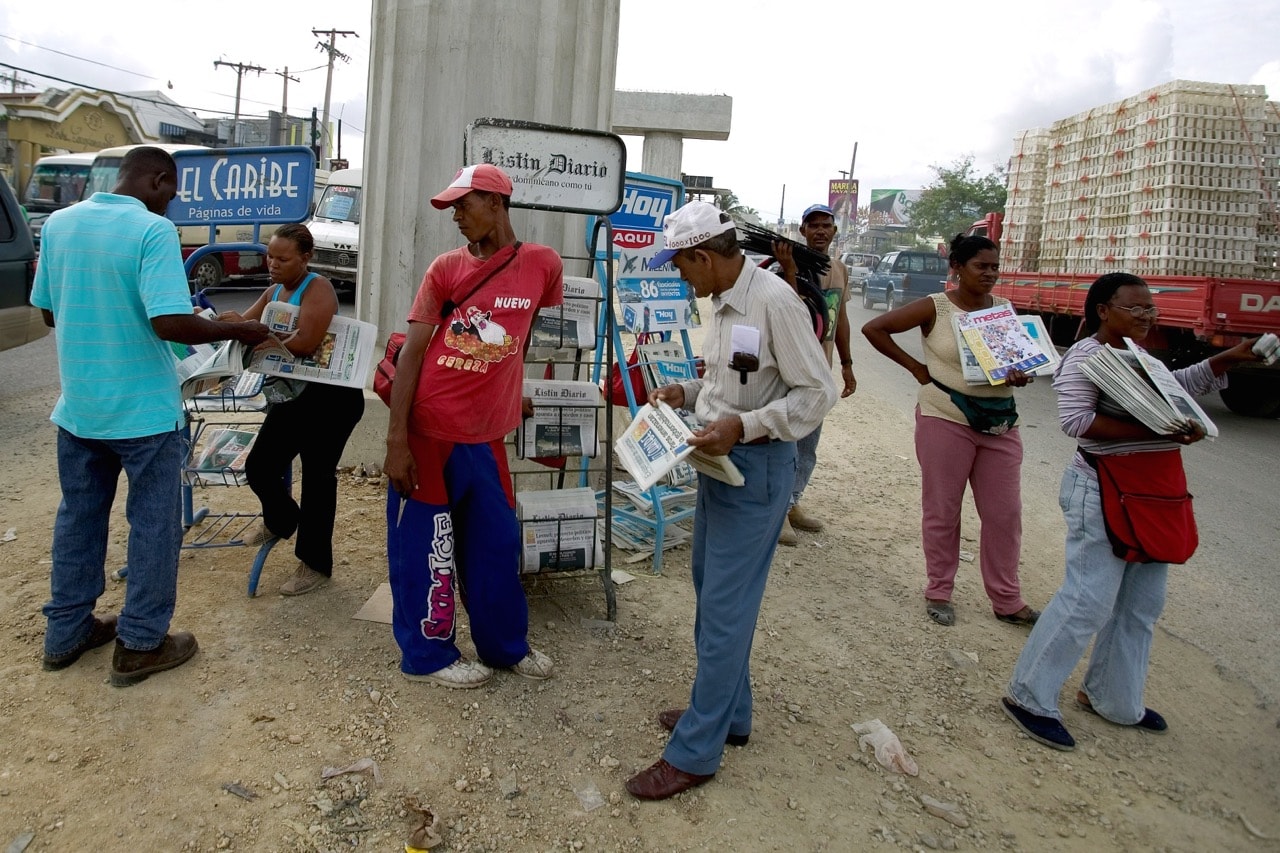The case came as a result of Johnny Alberto Salazar’s recent criticisms of a human rights committee, accusing it of protecting criminals and people linked to organized crime.
(RSF/IFEX) – Johnny Alberto Salazar, head of the community radio station Vida FM and the online newspaper http://www.vidadominicana.com/, in Nagua, was sentenced to six months’ imprisonment and fined 1 million pesos (approx. US$25,970), on 18 January 2012, for libelling the lawyer Pedro Baldera, chairman of the human rights commission in the northern province of María Trinidad Sánchez. The journalist plans to appeal once the full verdict has been pronounced on 26 January.
“Whatever the truth of the offending statements, we believe this is a dangerous sentence that is disproportionate in itself and at odds with the American Convention on Human Rights, in whose name no one should be jailed for what they say or write,” Reporters Without Borders said. “Parliament must urgently approve the bill decriminalizing press offences, which has been before it for almost five years. We should like to believe that the appeal judge will be able to assess the danger caused by the legal precedent, not only for Salazar but also for the whole of the profession in the country.”
The press freedom organization also deplores the refusal of Judge Selma Bonilla to allow the press to attend the hearings leading up to the conviction although the trial took place in public and was in the public interest. We hope this affront to the right to report the news will not occur once again at the appeal.
The lawyer brought the case as a result of Salazar’s recent criticisms of the human rights committee, accusing it of protecting criminals and people linked to organized crime.
“This sentence is a black mark for press freedom in the Dominican Republic,” Salazar told Reporters Without Borders.
“Those who opposed us can’t stand the fact that, through our radio station and other media outlets that serve the people, we put ourselves at the service of the community without answering to any particular political, economic or social sector.”
When the verdict was announced, Nagua residents and civil society representatives got together spontaneously to raise the cash to pay the journalist’s fine.
“The money that the people of Nagua are putting into the case will go towards building social welfare projects for the many needy families in the province because we are certain that this absurd verdict will not be upheld by the superior court,” Salazar said.


